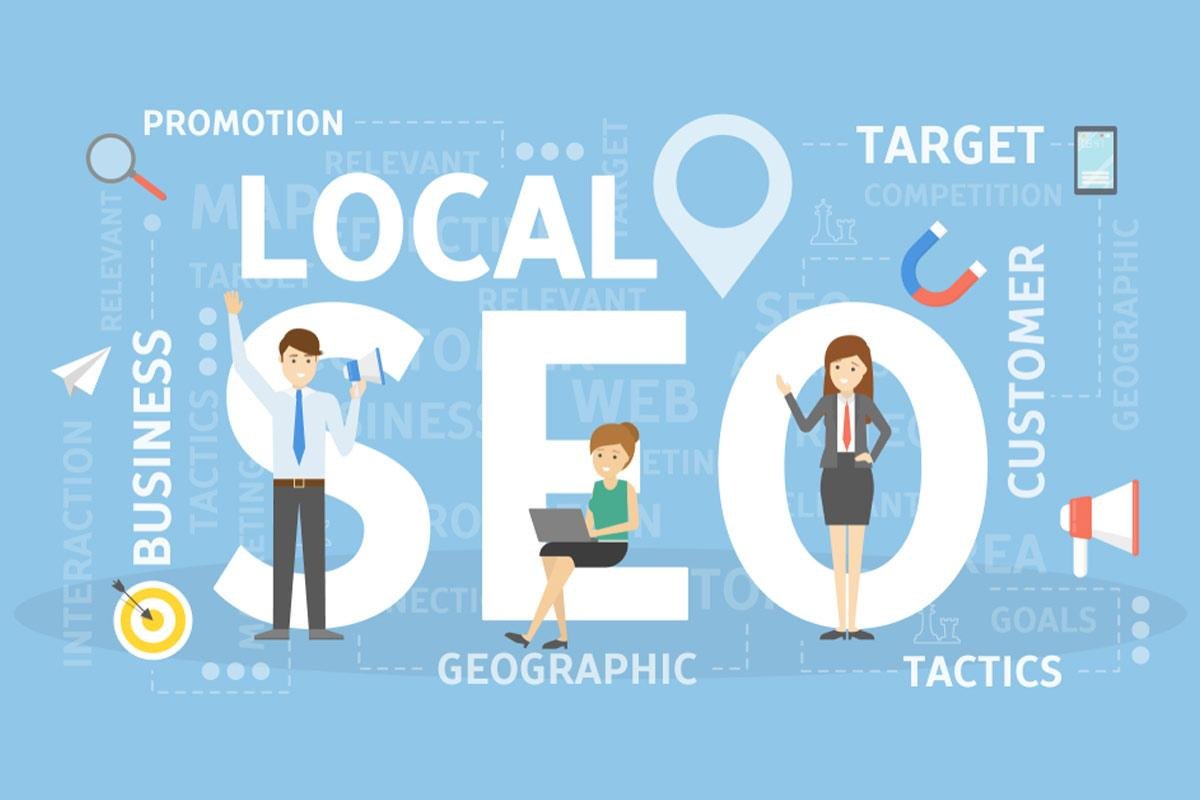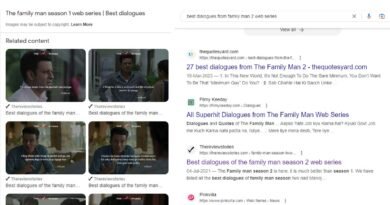Local Business SEO Tips and Tactics
Let’s start with one fascinating SEO fact – almost 90% of all those who conduct a local search visit a store or a business within a week. Local SEO tips and tactics can bring a lot of traffic to your store.
Many large companies know this and have done all they can to make their digital presence strong and prominent. A great part of achieving this is thanks to the quality online content and the reliable SEO company they decided to hire.
But what is going on with small and medium local businesses? How are local businesses faring and have they discovered the power of local search?
The pandemic has been a trigger for many to decide to spend their money locally. This means that local businesses have been given a great chance but only if they were more accessible online. And this is precisely where local SEO can be most useful.
Here are several local SEO tips and tactics that can improve organic traffic searches performed by customers in your area.
1. Create listings on Google My Business and other directories
A great part of the SEO strategy is to make sure that businesses are listed in various directories.
Google My Business is the best and greatest tool for local searches. With this tool, you can tell customers your story, verify your business, add information, and also help them find where your business is physically located.
With that being said, creating a GMB listing is very easy, but you need to complete your profile completely. This includes specifying your main and secondary categories. Specifying secondary categories may help you rank higher on Google Maps, as well.
Once the profile has been fully completed, Google will verify your business as authentic.
You can go a step further and list your business in other directories, too. These other directories can be both global and specific to your area. Some of the most popular directories include Yelp, Bing Places, Foursquare, Hotfrog, and so on.
Listing on quality directories can not only help you be found by customers but you can also strengthen your reputation. However, to achieve all this you need to make your listings consistent, get reviews, and make sure you’ve filled everything out.
2. Keep all your NAP information correct and consistent
NAP information stands for name, address, and phone number and this information needs to be correct and consistent in all your business listings. This will not only make it easier for customers to find you but it will also be easier for Google to trust the info.
If there is something wrong with your NAP information, Google will believe that your business is not legitimate and it won’t display you in GMB listings.
3. Target local keywords and optimize your site with them
SEO experts recommend targeting local keywords as one of the top SEO strategies. Local keywords have quite drastically risen in value over the years. For local businesses the value of local keywords is obvious – customers are going to look for products and services that are near them.
That’s why you will want to compare search volumes by typing in the name of your business and words such as “near me” or the name of the city/town you operate in. Long-tail local keywords should also be researched.
Once you get a list of all the local keywords to rank for, you can optimize your site with them.
4. Optimize your site for mobile and voice
Mobile search is just as important as local search. That’s why one of the local SEO tips and tactics on this list includes optimizing your site for mobile.
Many people will use their mobile to search for your contact information and directions for your location. Not having a site optimized for mobile may hurt your business, since customers will always look for businesses whose online presence looks trustworthy and professional.
We have to add that optimizing your site for voice searches goes hand in hand with optimizing your site for mobile. You may think that it’s unnecessary, but even though voice search is still in its early days, it can help you stand out from the rest. Compared to text, voice searches are also more likely to have local intent – yet another reason to optimize for voice searches.
5. Create local content
Local content vs non-local content? Both are important. And while non-local content can attract a wider audience and increase your traffic levels, writing about local or industry news will attract a local audience. And the local audience is exactly what you’re looking for.
You can help the audience be informed about current trends in the industry, news, promote local industry gatherings, and write about educational content on your blog. Don’t forget to include local keywords in the content as well.
Depending on the products or services your business offers, you can make a blog about them and includes local keywords. For example, if you’re a hairdresser, you can write about “how to find the best hairdresser near me” or something similar that will allow you to incorporate local keywords.
6. The importance of inbound links
Want to boost your local SEO? You will need to build inbound links. Inbound links inform Google about the legitimacy of your business, drive traffic to your site and help you rank higher in search. Simply put, inbound links or backlinks are links from other sites that point to your site.
The best examples of inbound links include sponsorships or partnerships, scholarships, and guest blog posts. The best way to start is to make a list of all the people in your industry with whom you have a relationship – partners, suppliers, distributors, and so on. After that, you can contact them and suggest the link placements.
Guest blogs are also a great way to build inbound links. You can offer to some of the businesses from your list to write a blog post that will contain a link to your site. You can also try to build inbound links for some of the larger sites in your industry.
7. Be a part of your local community
This is really a no-brainer – the more you are present in your community, the easier will be for your digital PR campaign.
How to be a part of the local community? Simply be ready to sponsor a local event, partner up with nonprofit organizations, organize an event yourself, work on becoming an authority in your industry, and in that way gain the attention of local media.
8. Reviews also matter
You know by now that reviews can make or break your business. They are also important for your Google My Business listings.
Getting positive reviews can help you build a good reputation for your business and boost your authority on Google. Bad reviews, on the other hand, can significantly damage both your reputation and the way Google displays your listings.
To deal with bad reviews, you can simply manage them. Don’t be afraid to respond to negative comments and reviews because in that way you’re listening to your customers and that’s a plus in Google’s eyes. Managing negative reviews is not only to appease Google, but it’s also a great way to build a relationship with your customers and in that way retain them.
Listen to what customers have to say, ask them what you can do to enhance their experience and all this will show your customers that they really matter to you. Just make sure you manage reviews across all your platforms and listings.
What we can gather from this is that both positive and negative reviews are better than no reviews at all.
9. Don’t just focus on local SEO
We talked a lot about local SEO tips and tactics and their importance in this article. However, while the local SEO is certainly very important for your physically-based business, traditional still matters.
We can say that local and traditional SEO are mutually inclusive and they are both helpful for your business. The point is to have a balanced SEO plan, but customize the SEO tactics based on your needs and strengths.
Focusing on local SEO tips and tactics has never been more important. More and more people are using the internet to find products and services and that means that local SEO is crucial for the success of your business. This also means that small and medium businesses no longer have the excuse not to use online advertising tools that will put them on the map.





